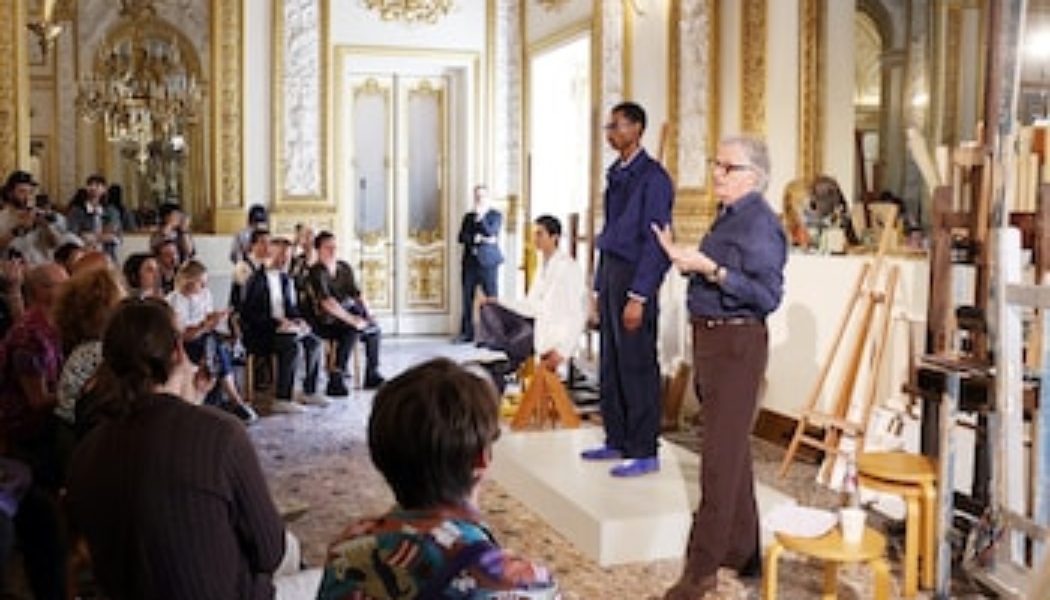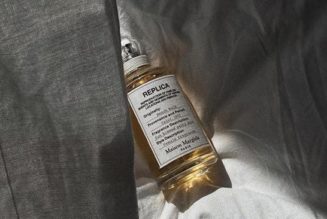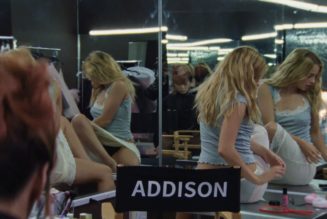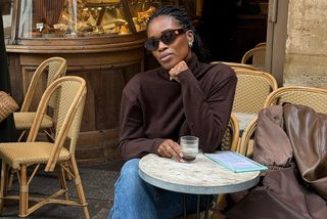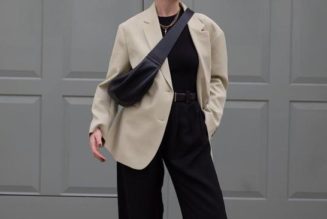Sir Paul Smith’s decision to stage his men’s fashion showcase at Florence’s Polimoda fashion school, on the banks of the Arno river, was a fitting setting given the lessons he so eloquently imparted on all matters style and the status quo of British fashion right now.
“The VAT on luxury goods has created such an enormous problem for brands,” said Sir Paul, 77, of Rishi Sunak’s decision when he was chancellor to end the ability for tourists to claim back VAT on luxury goods. The result has decimated the retail landscape, he said, with tourists from the Middle East and Asia flocking to European cities that offer the scheme instead. “A lot less people are coming to the country, and it’s damaging to everyone, not just fashion retail,” said Sir Paul, who signed an open letter earlier this year to Sunak on the matter, alongside hotelier Rocco Forte and the British Fashion Council chief executive Caroline Rush.
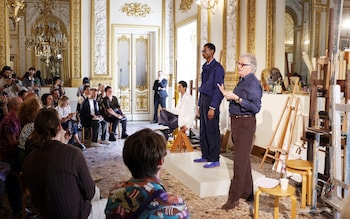
Sir Paul Smith showcasing his collection at Florence’s Polimoda fashion school on June 11
Credit: Getty
“It affects tourists’ decision to come to London, which affects restaurants, galleries. The Royal Academy’s attendance is drastically down as a result of this,” continued Sir Paul, whose store is a stone’s throw away from the institution, which sits behind Bond Street.
Sir Paul’s decision to stage a presentation during Pitti Uomo, the bi-annual men’s fashion showcase that takes over the narrow streets of Florence, was borne out of sentimentality for all things Italian. “I love being here for Pitti Uomo, because it’s just so real,” said Sir Paul, who has a house in Tuscany and who first came to the Pitti Uomo in 1993. “It’s a city built on craft; in one street there’s a man that sells handmade leather shoes, across the road there’s a man who’s made belts his entire life. It’s a reminder of that wonderful process.”
The collection, however, drew on a distinctly British starting point; the blousy suiting and paint-splattered, after-dark exploits of the roguish painters Francis Bacon, Lucian Freud and Frank Auerbach in Soho in the 1960s.
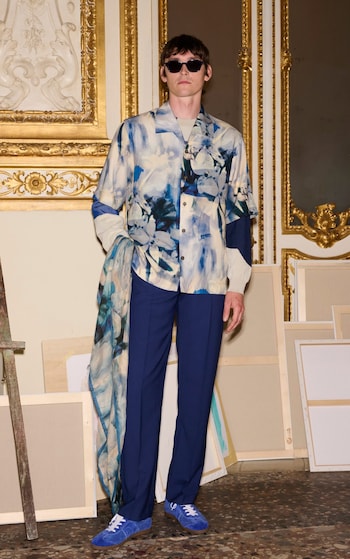
Sir Paul has drawn on the ‘paint-splattered, after-dark exploits’ of roguish British painters in the 1960s for inspiration
Credit: Getty
Sir Paul’s interpretation of the drinking buddies drew on their proportions – clean, sharp blazers in discreet houndstooths and high-waisted trousers – alongside freewheeling accents such as painterly prints, chore jackets and blousy trench coats in pastel shades.
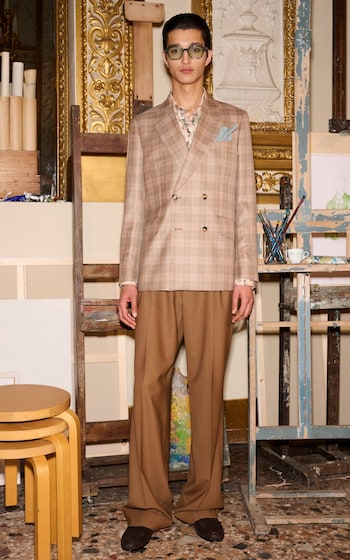
Blousy suiting, discreet patterns and pastel colours are a feature of Sir Paul’s new collection
Credit: Getty
The return to a sense of sartorialism – suiting over the casual sportswear that’s dominated fashion in recent years – has always been a particular USP of Sir Paul, who started out making shirts in Nottingham, and as a starry-eyed teenager would sneak off to those Soho drinking dens for a glimpse of those rabble rousers. He’s been a standard-bearer of British suiting for over 50 years, so it was a pertinent reminder that the new formal is nothing new; the suave Mr Smith has been doing just that for decades.
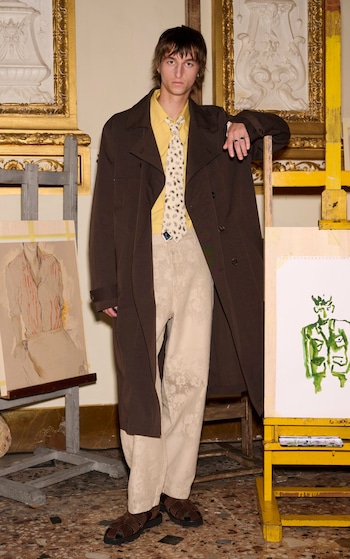
Sir Paul has been a standard-bearer of British suiting for over 50 years
Credit: Getty
While it remains to be seen if a new government could manage the luxury retail landscape better – it’s a market in Britain alone worth £81 billion annually – at least Sir Paul’s business is on a firm footing doing what he does best, at a time when so many independent brands and big retailers are in crisis. In this spellbinding academic environment, where so many have been taught in the art of fashion, it was an education in staying power.
